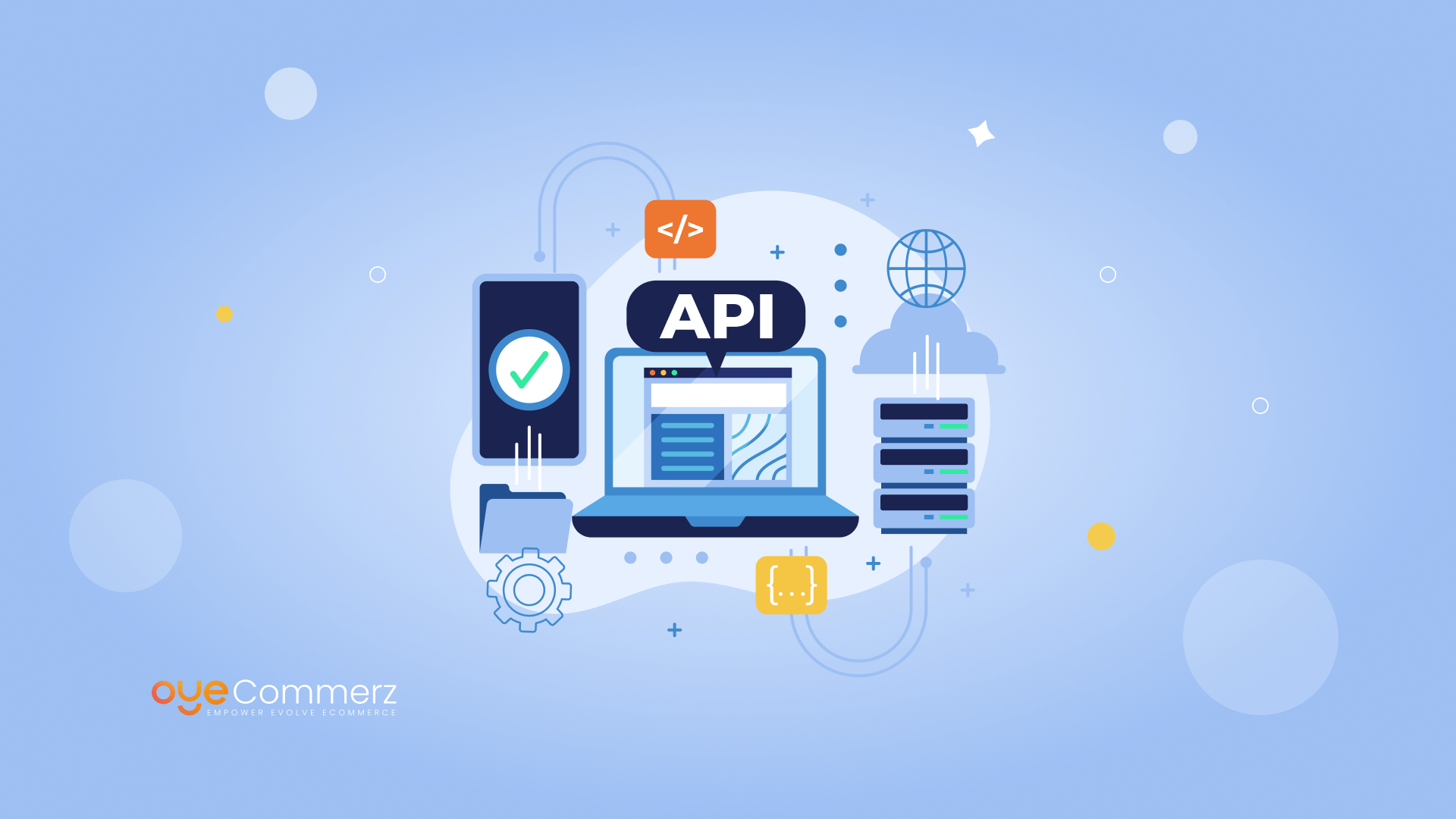Overview
In today’s cutthroat e-commerce landscape, differentiating is essential, and one of the best ways to set apart a Shopify store is through custom app creation. A well-built Shopify app can enhance store capabilities, streamline operations, and boost customer engagement. This guide delves into key elements of Shopify app development, covering API integration and app ecosystem to scaling strategies and promotion methods, providing a roadmap for businesses looking for superior store efficiency.
The Importance of Shopify API Integration
Shopify’s API provides powerful tools to personalize and expand store functionalities. With the GraphQL and REST API options, developers can access data to build applications that handle inventory control, order processing, and customer data management seamlessly. Using Shopify’s API can enable improved workflow automation and enables stores to serve customers more effectively.
Utilizing the Polaris Design System
Shopify’s Polaris is Shopify's set of design guidelines for creating user-friendly and accessible Shopify apps. By adhering to Polaris principles, developers ensure that apps seamlessly integrate within the Shopify Admin interface. This provides a cohesive appearance that resonates with Shopify merchants, encouraging ease of use and familiarity for merchants using your custom app.
Navigating the Shopify App Ecosystem
The Shopify app ecosystem provides numerous opportunities for enhancing online stores. From managing fulfillment processes to boosting customer interaction, apps in this ecosystem are designed to meet various business requirements. Learning about this system helps developers in finding unique app opportunities and enables smooth connections of third-party services that add value to the store.
Developing Embedded Shopify Apps
Embedded apps work seamlessly within the Shopify Admin, allowing a seamless experience for merchants. They ensure that merchants don’t have to navigate away from their Shopify dashboard, streamlining their workflow. Using Shopify App Bridge and embedded app capabilities is recommended for offering a cohesive, integrated user environment.
Leveraging Node.js and React for Shopify Development
Node.js and React have become top options for Shopify app creation. This server-side framework enables high-performance server-side applications, while React enables dynamic, responsive front-end design. Together, they offer an excellent platform for creating speedy, scalable Shopify apps that enhance store functionality and customer interaction.
Webhooks in Shopify Apps
Webhooks enable instant data synchronization between Shopify and an outside application. They trigger events such as new orders or stock changes and send instant alerts to your app. By utilizing webhooks, apps can deliver real-time information to store owners, simplifying processes and boosting Scaling for Shopify’s growth efficiency.
Customer Engagement and Digital Marketing for Shopify Apps
To ensure Shopify app success, connecting with users is crucial. Using digital marketing strategies like SEO, email marketing, and social outreach can drive app adoption. Additionally, creating applications with customer interaction as a focus (e.g., loyalty programs or personalized recommendations) boosts user loyalty and loyalty.
Scaling Your Shopify App
As e-commerce businesses grow, so do their technological needs. Making sure that your app can scale to handle higher usage, larger databases, and more complex functionalities is critical. By optimizing server capacity and implementing scalable solutions, you can develop apps that grow in parallel to a store’s success.
Essential Features and Maintenance for Shopify Apps
For an app to be useful, it should offer key capabilities like user login, dashboard analytics, and support channels. Regular app upkeep, with updates to fix bugs and compatibility checks with new Shopify features, is important to ensure uninterrupted performance and avoid interruptions to merchant workflows.
Summary
Custom Shopify app development holds vast potential for e-commerce stores, offering the ability to enhance store functionality, streamline processes, and build customer relationships. With API integrations and Node.js to focusing on scalability and customer engagement, creating a Shopify app involves thoughtful preparation and strategic execution. If you’re prepared to unlock your store’s full potential, a custom Shopify app may be the perfect solution. What features do you see for your ideal Professional Shopify app solutions app? Share your thoughts and begin the journey to an optimized e-commerce journey!

Comments on “Enhance Your Online Store: Custom App Development for Shopify for Unmatched Store Performance”